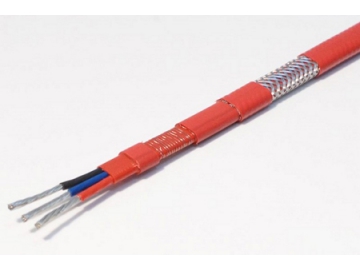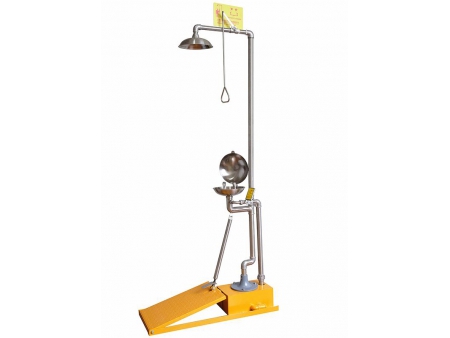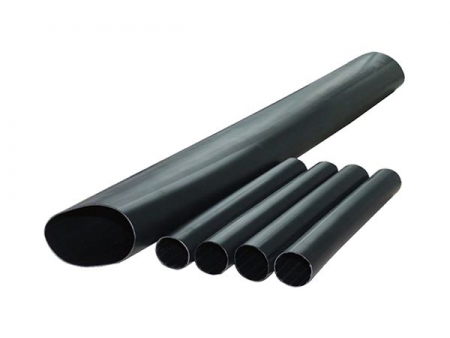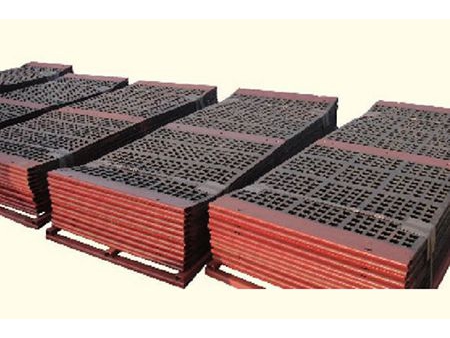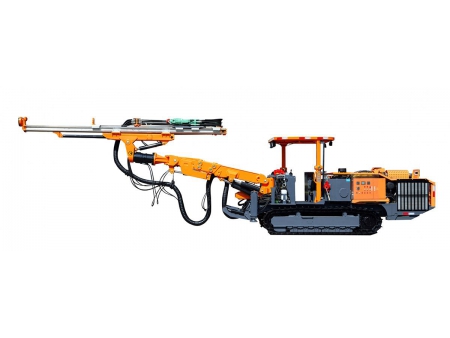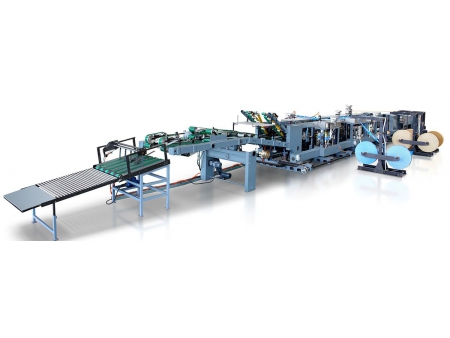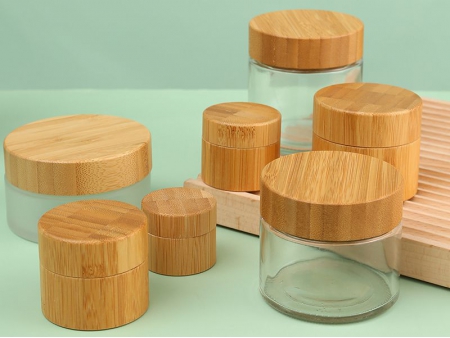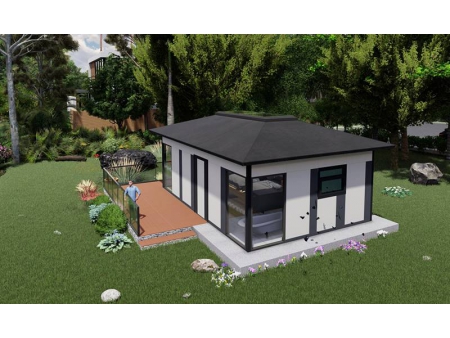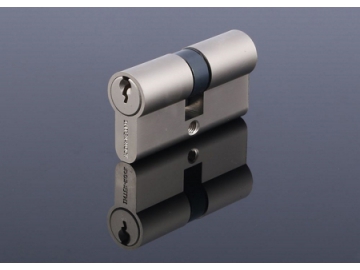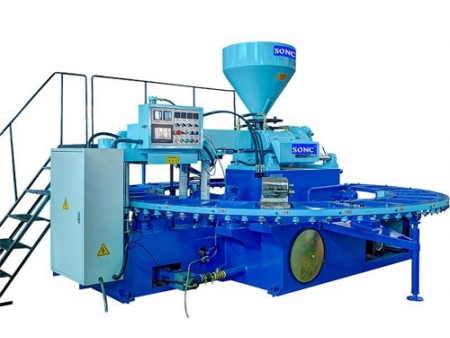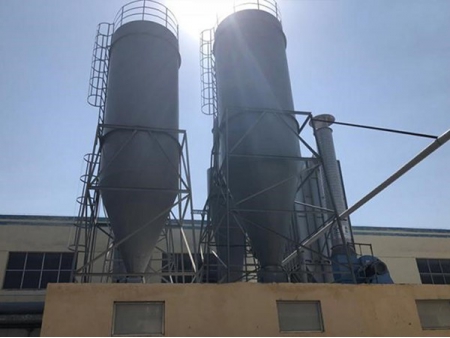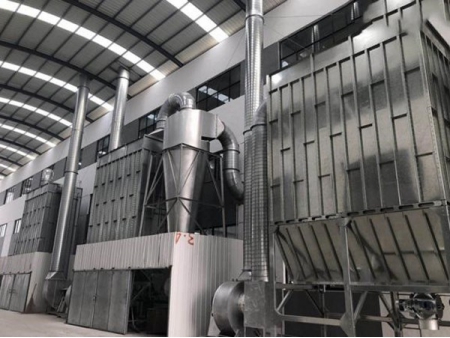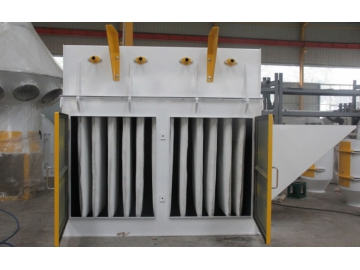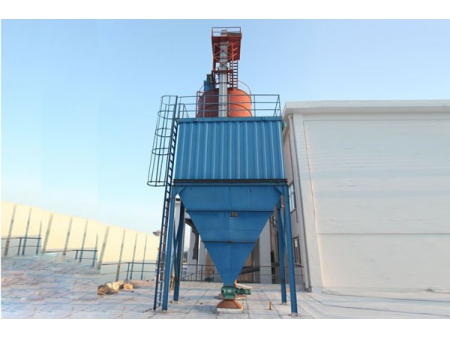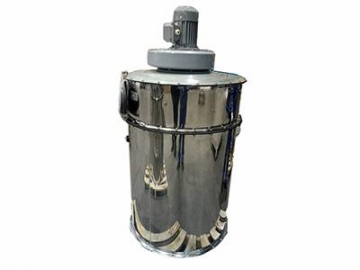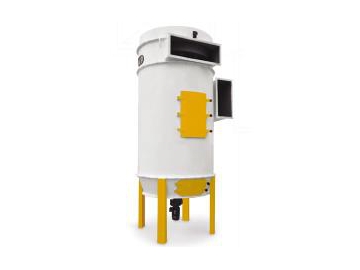Baghouse Dust Collector (Pulse Jet Cleaning)
Features of the TBLMFa Series Baghouse Pulse Jet Dust Collector
1. The TBLMFa series baghouse dust collector is a piece of dust removal equipment with a pulse jet cleaning system. It has a square machine body that is not only aesthetically pleasing, but also solid.
2. The pulse dust remover allows air to enter the body from the bottom, making powdery material collection easier.
3. The baghouse dust collector has a high air volume, takes up little space and emits very little noise while operating.
Application
We have both square pulse jet collectors and high pressure cylinder pulse dust collectors for customers to choose from. The baghouse dust collectors are industrial dust removal equipment used in the food, grain, building material, and chemical industries to separate dust from air.
TBLMFa series square pulse jet dust collector TBlMY series high pressure cylinder pulse dust collector
| Model | φ120×1000 | φ120×1500 | φ120×2000 | Note (fan recommended) | |
| Filter area (m2) | 3.4 | | | 4-72-2.5A 1.1kW | |
| Air volume (m3/h) | 408~816 | | | ||
| Filter area (m2) | 4.5 | | | 4-72-2.8A 1.5kW | |
| Air volume (m3/h) | 540~1080 | | | ||
| Filter area (m2) | | 8.4 | | 4-72-3.2A 2.2kW | |
| Air volume (m3/h) | | 1008~2006 | | ||
| Filter area (m2) | | 11.8 | 13.6 | 4-72-3.6A 3kW | |
| Air volume (m3/h) | | 1416~2832 | 1628~3254 | ||
| Filter area (m2) | | 11.8 | | 4-72-3.6A 3kW | |
| Air volume (m3/h) | | 1416~2832 | | ||
| Filter area (m2) | | 15.8 | | 4-72-3.6A 3kW | |
| Air volume (m3/h) | | 1896~3792 | | ||
| Filter area (m2) | | 18.1 | 24.1 | 4-72-4A 5.5kW | |
| Air volume (m3/h) | | 2172~4344 | 2892~5784 | ||
| Filter area (m2) | | 22.6 | 30.1 | 4-72-4A 5.5kW | |
| Air volume (m3/h) | | 2712~5424 | 3612~7224 | ||
| Filter area (m2) | | 27.1 | 36.2 | 4-72-4.5A 7.5kW | |
| Air volume (m3/h) | | 3252~6504 | 4344~8688 | ||
| Filter area (m2) | | | 42.2 | 4-72-5A 15kW | |
| Air volume (m3/h) | | | 5064~10128 | ||
| Filter area (m2) | | | 48.2 | 4-72-5A 15kW | |
| Air volume (m3/h) | | | 5784~11568 | ||
General Technical Parameters of Square and Cylinder Pulse Jet Baghouse Dust Collectors
1. Operating pressure: -1960Pa~2940Pa
2. Resistance: ≤1470Pa
3. Pulse jet pressure: 4×105Pa
4. Pulse jet width: 0.03~0.2s (adjustable)
5. Filtration air speed: 2-4m/min
6. Filter bag size: a: Φ120×1000; b: Φ120×1500; c: Φ120×2000
Working Principles
1. Dust Removal
When dusty air enters the baghouse dust collector from the air inlet, it first cones into contact with the inclined plate and the baffle plate. The air flow will then change its flowing direction and flow into the dust collection hopper. In this process, the air flow’s speed is gradually reduced, and coarse dust particles flow into the hopper due to inertia. After this, the primary dust collection process is complete. After this initial stage, the air flow into the hopper moves in an upward fashion and go through the filter bag (which has an interior metal frame). The dust is then retained on the surface of the filter bag. Finally, purified air moves through the clean room at the top of the baghouse, and then expelled out of the baghouse dust collector from the air inlet.
2. Pulse Jet Cleaning
As the pulse jet dust collector’s working time increases, the larger the amount of dust that will be deposited into the filter bag, increasing the resistance of the bag and resulting in a decline of the air volume. In order to ensure the baghouse dust collector works normally, the resistance should be limited within a range of 140-170mm of water. If the resistance is out of that range, the filter bag needs to be cleaned.
In the filter bag cleaning process, the pulse controller triggers the control valves to open the pulse-jet valves, then the compressed air into the air manifold will be pushed into the filter bag through blow pies and venturi pipes. This makes the filter bag expand quickly in a short period of time, removing dust deposited on its surface. The dust removed will fall to the dust hopper and be discharged out of the dust collector through the dust discharging system. Regular pulse-jet bag cleaning keeps the dust removal system operating normally.








